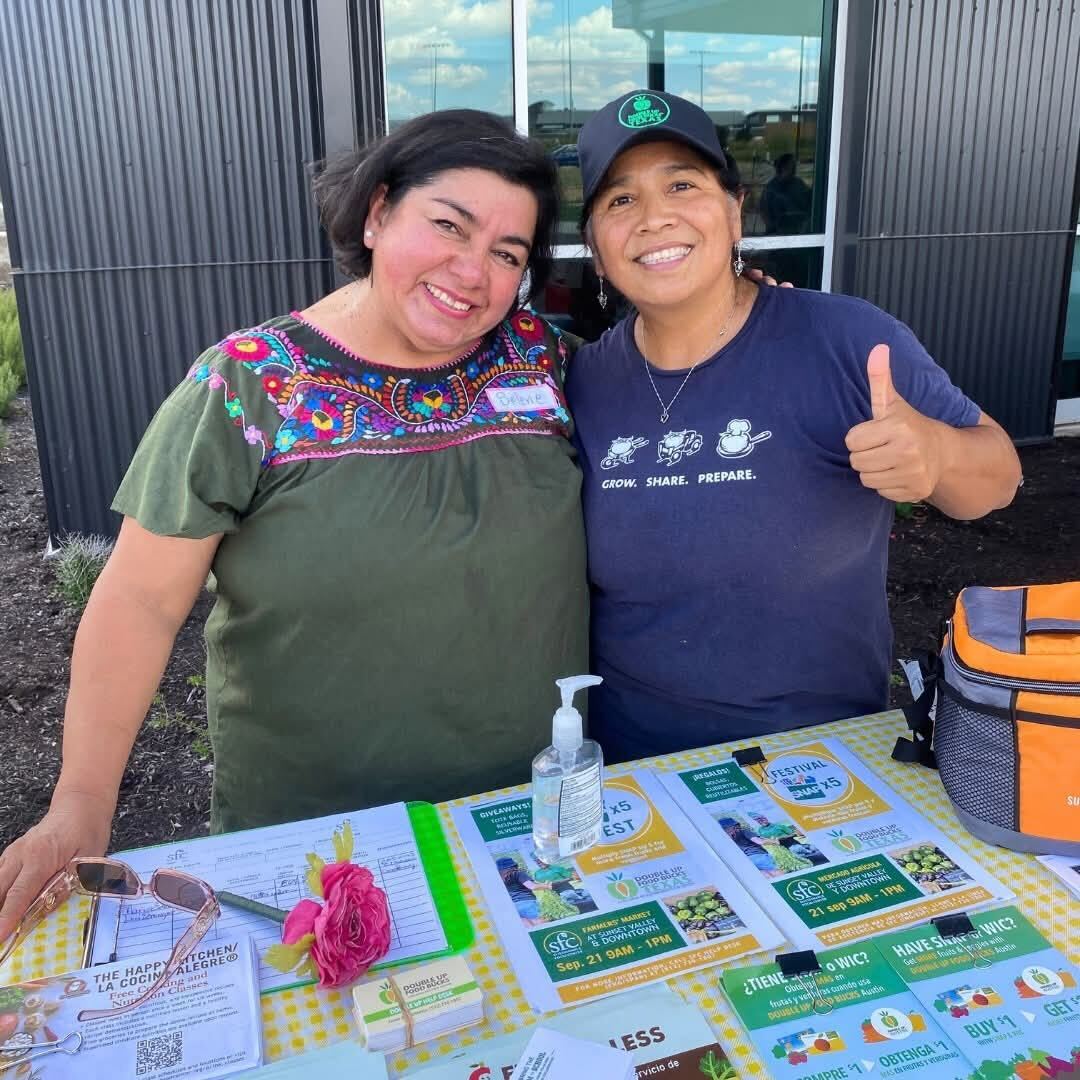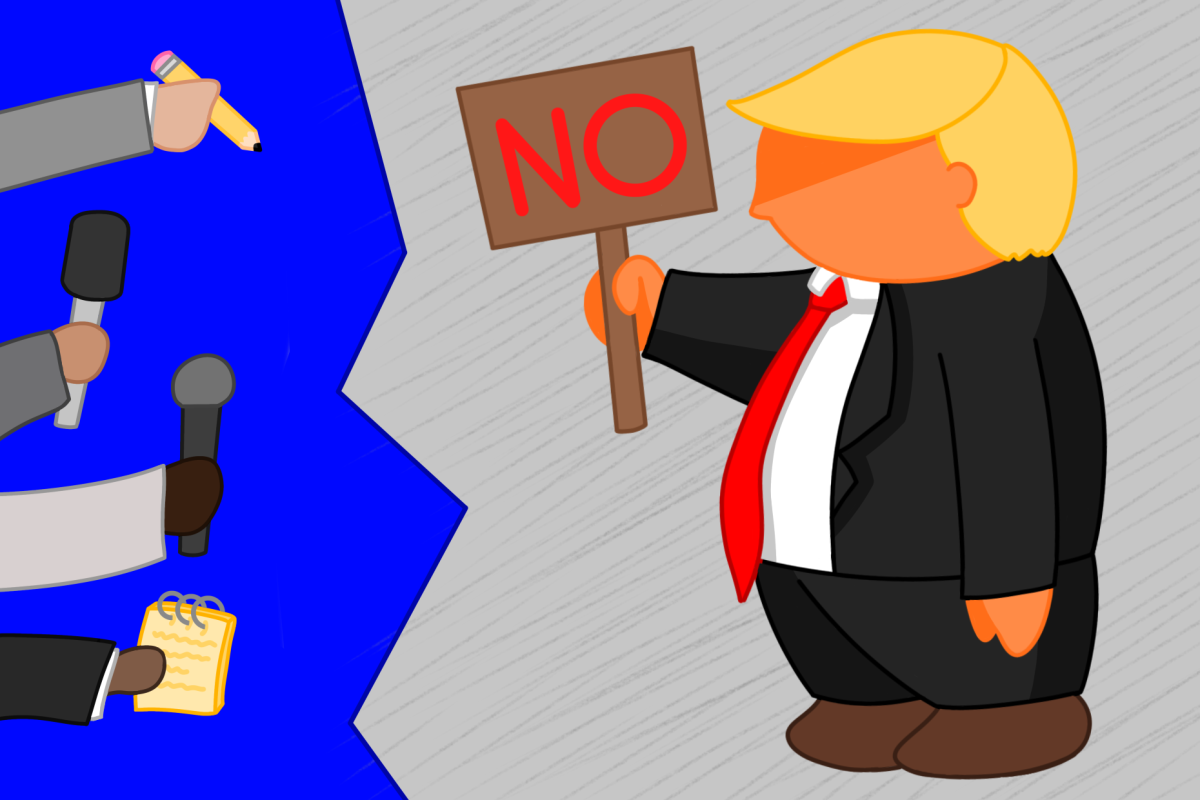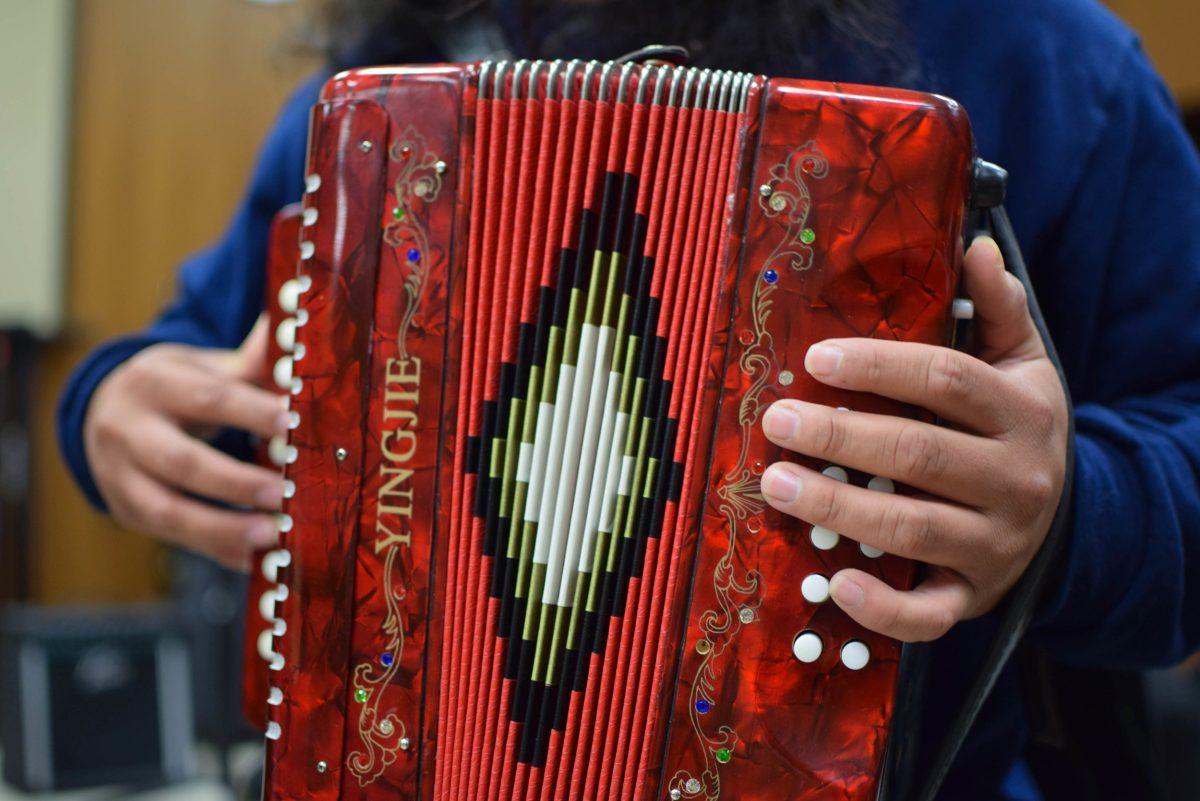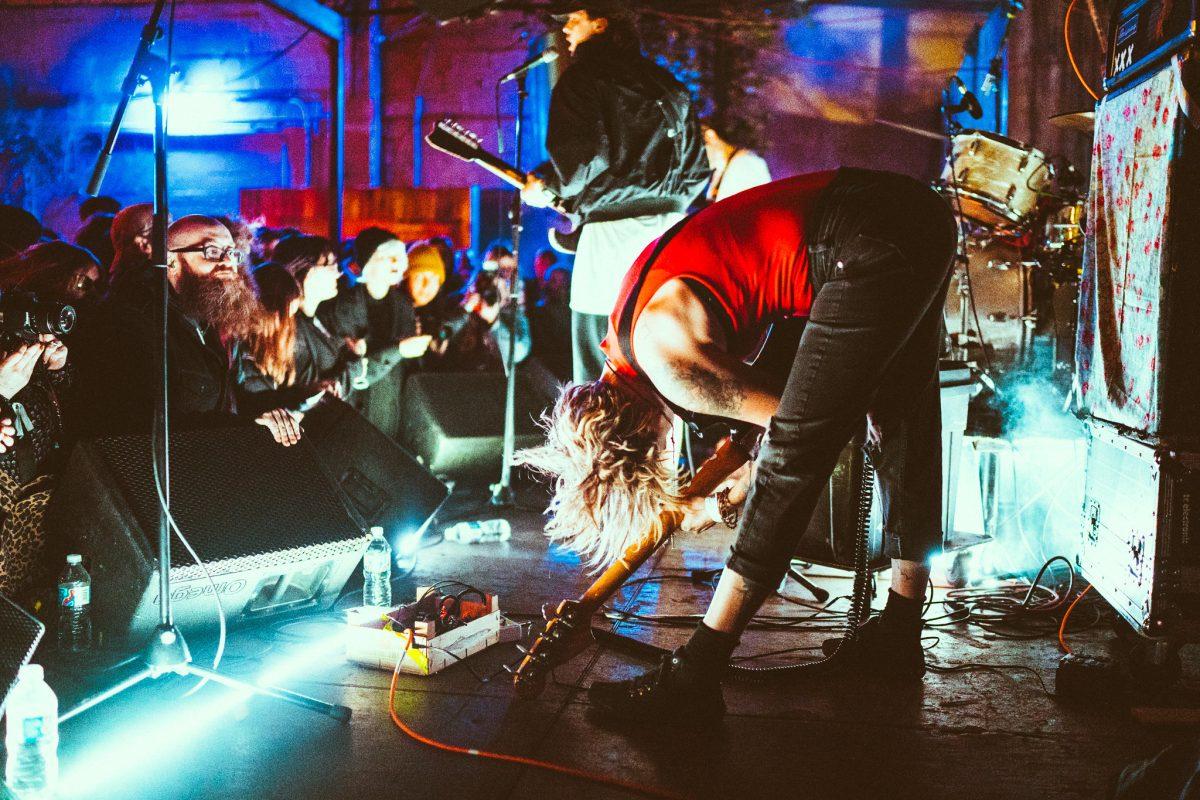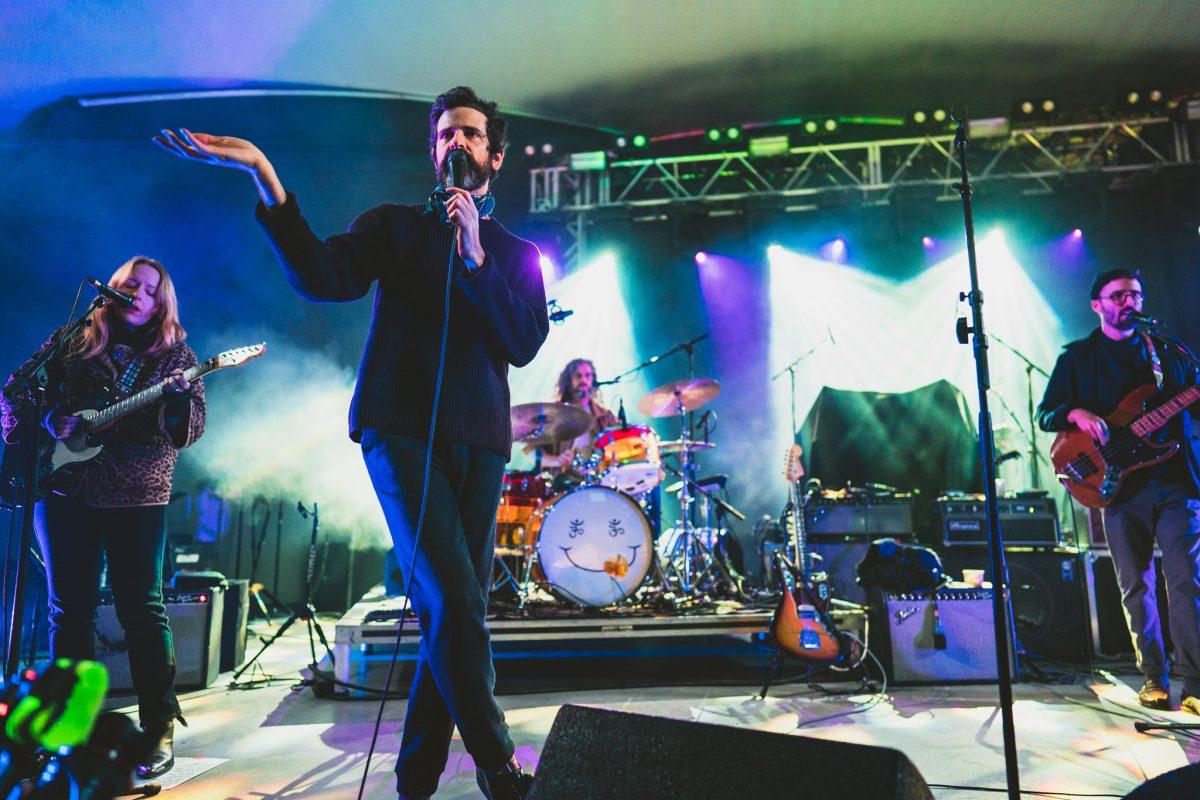Story by Bryan Rolli Photos by Darice Chavira
Sophomore Sarah Patlan desperately needed to find cheap concert tickets to write a review for her History of Rock Music class. The Internet came to the rescue when she scored $10 tickets for Jennifer Nettles at the Moody Theater from an online broker. Both excited and relieved, she headed downtown ready to enjoy the show.
Patlan never made it into the Moody Theater. She didn’t realize she had bought a counterfeit ticket, one without a barcode to be scanned for admission, until it was too late.
Unfortunate, but also preventable. Although a phony ticket can bear striking resemblance to the real thing, experts say there are numerous red flags that consumers should be aware of to avoid being scammed.
Gary Adler, executive director of the National Association of Ticket Brokers, warns of the dangers of buying tickets through non-professional third-party sources, such as Craigslist or individual sellers. “With the advent of the Internet, anyone with a ticket is a ticket broker,” he says. “People think it’s easy. There’s mom-and-pops, and there’s nothing wrong with that, but our people, this is their business. They know what they’re doing.”
“This was the first time that I had bought from a third party,” Patlan says. “I was like, ‘Okay, I guess this is just what they look like.’ And they were fake. They were definitely fake.” After researching the company online, Patlan found several other disgruntled ticket buyers who shared her sentiment. “I looked at all of the reviews, and lots of people have had similar experiences,” she says. “Sometimes they just wouldn’t even get their tickets, and sometimes they’d just be fake.”
Adler’s broker association was founded 20 years ago on the principles of free markets for tickets and a dedication to consumer protection. He says that while some people still view ticket brokers negatively, they are necessary to help legitimize the secondary market, which he thinks will inevitably always exist. “You’re never going to get rid of people’s desire to see an event at any cost,” he says. “When you choke off the supply and make it in the back alleys like it used to be, consumers get hurt, either through scams or through higher prices than they should be paying.”
Adler offers some tips for consumers to avoid such scams. “Anyone who doesn’t take a credit card, this isn’t their business. And that, to me, is of concern,” he says.
Adler also warns not to fall for the allure of incredibly cheap tickets. “If something is too good to be true, it usually is,” he says. “Generally there’s a market, and if somebody’s way, way below that, be careful. That’s a bad sign.”
“There is no way that anyone can look at a ticket and guarantee that it’s real,” says Jacqueline Peterson, director of media relations for entertainment industry behemoth Ticketmaster, part of Live Nation Entertainment. She says customers will occasionally lie about their tickets being stolen, so the company will send replacements with different barcodes. Ticketmaster then invalidates the first set, but that opens the door for scam artists. If the original tickets were not in fact stolen, they could be resold to unwitting buyers, who would never know the difference.
“That is a prime opportunity to take advantage of people’s passion,” Peterson says of sold-out events. “That is why, as a fan, if you really want to go to this event, whatever event it is, you have to buy from an official source.”
Ticketmaster also warned in a blog post regarding counterfeit tickets that scalpers often create fake websites that mirror a box office or fan club site – even going so far as using a similar but misleading URL – to trick consumers.
Does this mean concertgoers must live in constant fear of buying a fake ticket from a third-party source?
Not exactly.
Adler thinks some major ticket companies just sensationalize the issue to rope in buyers. “I don’t think that counterfeit ticketing has become more of a problem than it ever has been, and I think it’s been exaggerated for public relations purposes by some people,” he says. “Where you see counterfeiting at mostly is for really high-end events that make it very worthwhile for people to take the risk to do criminal activity like that.”
Adler says that at the end of the day, the best way to avoid being scammed is to simply buy from professional ticket brokers. His organization adheres to a strict set of guidelines to ensure that customers are getting what they pay for, and offer a 200 percent refund in the rare event a ticket turns out to be counterfeit.
The association has even worked with the NFL and the FBI to capture those involved in a previous Super Bowl counterfeiting operation. Adler says that because of the negative connotation that still occasionally plagues ticket brokers, their company works especially hard to protect consumers.“It’s a very passionate thing, tickets, and when something goes bad, people point the finger at ticket resellers,” he says. “We are the ones that get left holding the bag a lot of times, so we’re very vigilant about trying to keep our side of the street clean, and to make sure that customers have good experiences.”
Veteran ticket broker Mickey O’Neill echoes this sentiment. His employer, National Event Company, is governed by Adler’s organization. “If you start dealing with a reputable broker, you build a rapport with them, and that’s how you eliminate the scam part of the business,” he says. “We’re very transparent in everything we do.”
Is Patlan through with third-party sellers? “I don’t think I’d do it unless I’m really desperate for a ticket,” she says. Still, she’s leery of being burned again. “I’d rather know where I’m buying my tickets from.”





